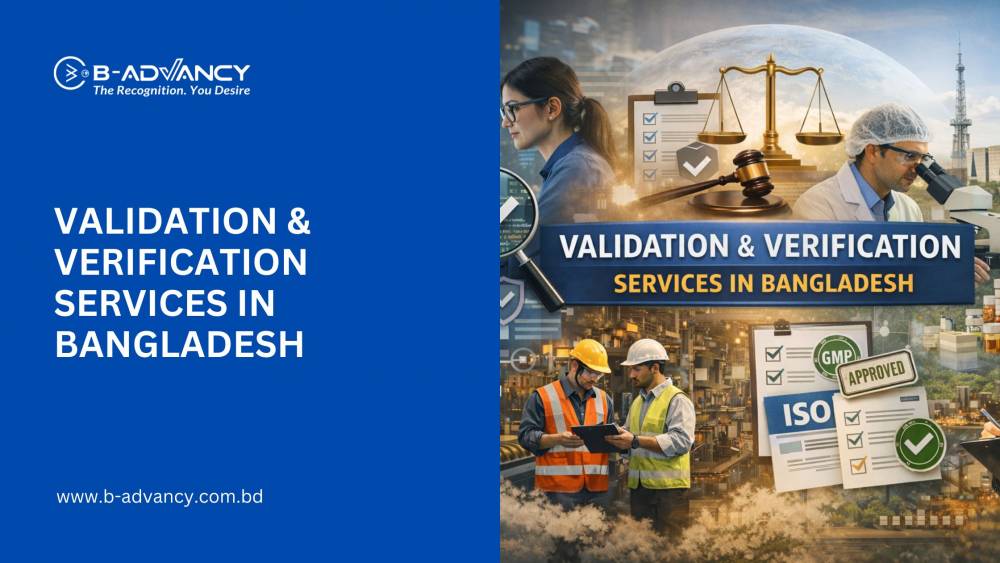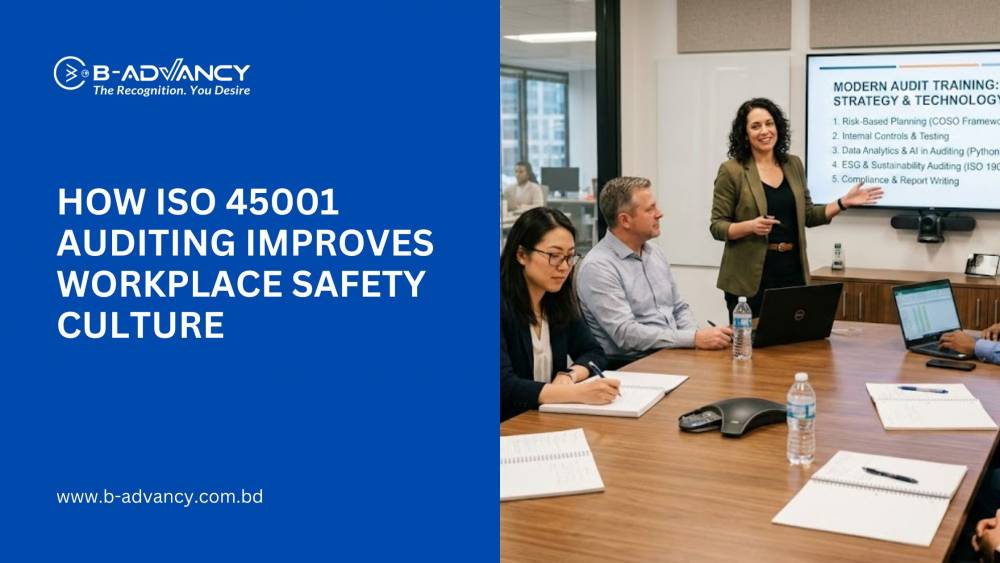In today's digital age, where online transactions are the norm, ensuring the security of payment information has become more critical than ever. With the increasing number of cyber threats and data breaches, businesses must adopt robust security measures to protect sensitive customer data. One such measure is obtaining the Payment Card Industry Data Security Standard (PCI DSS) certification. This certification sets a global standard for securing card payment transactions and is crucial for businesses handling payment information. In this article, we will explore the significance of PCI DSS certification in Bangladesh and how it helps businesses ensure secure payment transactions, thereby building trust with their customers and safeguarding their operations against potential security breaches.
What is PCI DSS Certification?
PCI DSS stands for Payment Card Industry Data Security Standard. It's a globally recognized set of security standards aimed at protecting sensitive cardholder information from theft and fraud. Developed by the PCI Security Standards Council (PCI SSC), PCI DSS compliance is mandatory for any organization accepting, processing, storing, or transmitting credit card data.
Who Needs PCI DSS Certification in Bangladesh?
Any organization in Bangladesh involved in the processing of credit or debit cards needs to comply with PCI DSS, regardless of their size or industry. This includes:
-
Merchants: businesses that accept credit cards directly from customers, such as online retailers, brick-and-mortar stores, and restaurants.
-
Service Providers: companies that store, process, or transmit cardholder data on behalf of merchants, such as payment processors, data centers, and cloud service providers.
-
Financial Institutions: banks, credit unions, and other financial institutions that issue or process credit cards.
Benefits of PCI DSS Certification in Bangladesh
Achieving PCI DSS compliance offers numerous benefits for businesses in Bangladesh, including:
-
Enhanced security: Implementing PCI DSS controls significantly reduces the risk of data breaches and cardholder information theft.
-
Increased customer trust: Demonstrating compliance shows customers that your business takes data security seriously, building trust and confidence.
-
Reduced costs: Avoiding data breaches and associated fines saves businesses significant financial resources.
-
Improved brand reputation: A strong security posture bolsters your brand image and reputation in the market.
-
Enhanced business continuity: PCI DSS compliance ensures data integrity and availability, minimizing disruptions due to security incidents.
PCI DSS Certification Cost in Bangladesh
The cost of PCI DSS certification in Bangladesh varies depending on the size and complexity of your organization, the level of compliance required, and the chosen certification provider. Generally, the cost can range from BDT 10,000 for small businesses to BDT 50,000 or more for larger organizations.
PCI DSS Certification Services in Bangladesh
Several qualified service providers in Bangladesh can assist businesses in achieving PCI DSS compliance. These services typically include:
-
Gap assessment: identifying areas where your organization falls short of PCI DSS compliance requirements.
-
Remediation planning: developing a plan to address identified security gaps and implement necessary controls.
-
Implementation support: assisting your team in implementing PCI DSS controls and policies.
-
Reporting and documentation: preparing and maintaining required documentation to demonstrate compliance.
-
Ongoing support: providing guidance and assistance to maintain compliance over time.
How to Obtain PCI DSS Certification in Bangladesh?
Obtaining PCI DSS certification requires businesses to undergo a comprehensive assessment of their payment card data security practices. The certification process involves the following steps:
Assessing the Current Security Measures: Businesses need to assess their current security measures and identify any gaps or vulnerabilities in their payment card data handling processes.
Implementing Necessary Controls: Based on the assessment, businesses need to implement the necessary controls and security measures to comply with PCI DSS standards. This may include implementing firewalls, encryption protocols, and access controls.
Engaging a Qualified Security Assessor (QSA): Businesses need to engage a Qualified Security Assessor (QSA) who will conduct an independent assessment of their compliance with PCI DSS standards. The QSA will evaluate the implemented controls and provide recommendations for improvement.
Submitting Compliance Report: Once the assessment is complete, businesses need to submit a compliance report to the relevant credit card companies or payment processors. The report should demonstrate the business's adherence to PCI DSS standards.
Annual Validation: PCI DSS certification is not a one-time process. Businesses need to undergo an annual validation process to ensure their continued compliance with the standards. This involves regular assessments and audits to maintain the certification.
Choosing a PCI DSS Certification Service Provider in Bangladesh
When selecting a PCI DSS certification service provider in Bangladesh, consider the following factors:
-
Experience and expertise: Choose a provider with proven experience in helping businesses achieve PCI DSS compliance.
-
Certifications and qualifications: Ensure the provider holds relevant certifications and employs qualified security professionals.
-
Cost and pricing transparency: Get clear and transparent pricing information before engaging their services.
-
Client testimonials: Read reviews and testimonials from previous clients to understand the provider's reputation and service quality.
Conclusion
By partnering with a reputable and experienced service provider, businesses in Bangladesh can navigate the PCI DSS compliance process smoothly and effectively, ensuring a secure and trustworthy environment for their customers and their data.
Remember, PCI DSS certification is not just about meeting regulations; it's about protecting your business and your customers from the ever-evolving cyber threats. By taking proactive steps towards data security, you can build a secure digital ecosystem for your business and gain a competitive edge in the market.






































































































































































































